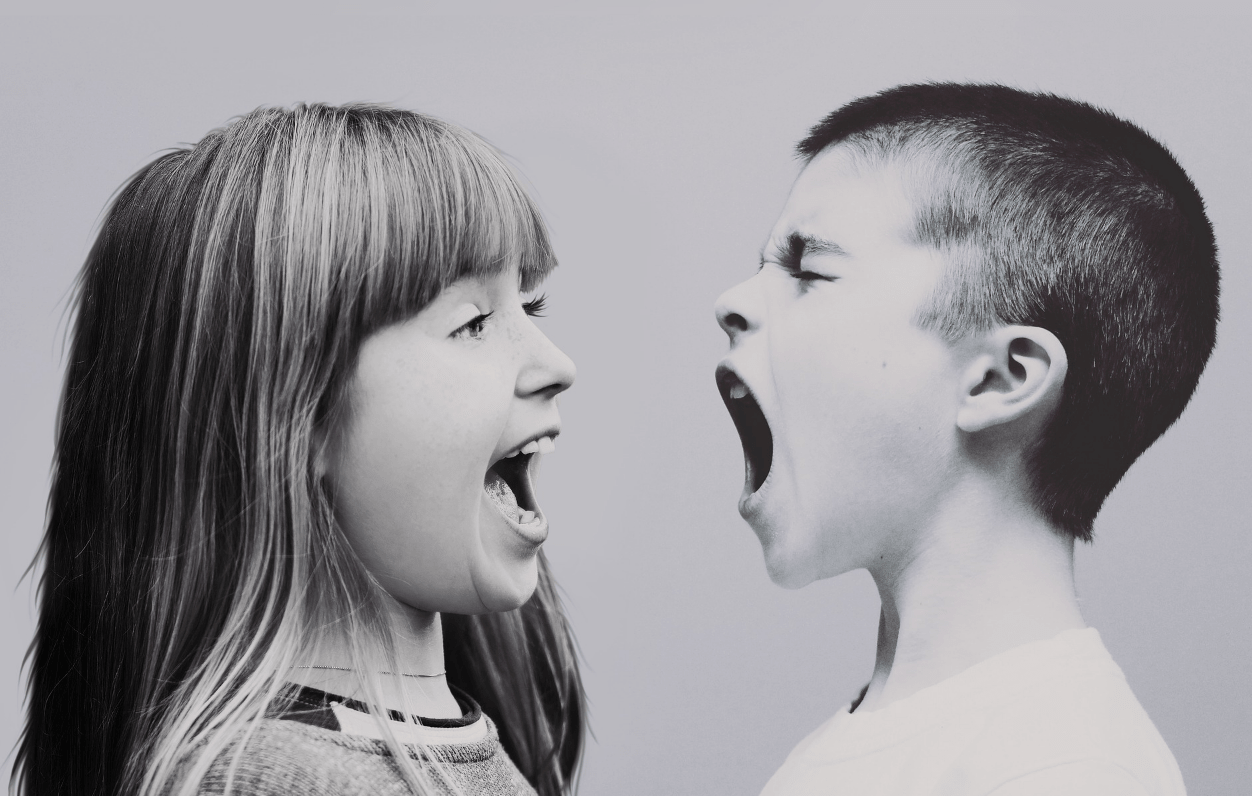Here's why fending off struggle at work is a horrible mistake.
Timandra Harkness explores some of the excellent approaches to disagree with humans .
I’m positive you’ll agree with me if I endorse human beings typically desire to keep away from conflict.
“Most of the time we’re attempting to get on with people,” says professor of dialog evaluation at Loughborough University, Liz Stokoe. Even when we disagree, we strive to sign that we desire to continue to be on pleasant terms, by using our words, physique language, and even rhythms of speech.
Having range of thoughts skill human beings will disagree
“We’re attempting to make concessions,” says Stokoe. “We’re continuously monitoring our conversations to attempt and put human beings in a role the place it’s handy for them to agree with us.”
We’re mainly inclined to keep away from friction at work. Who wishes to begin a dispute with someone you have to sit down beside, eight hours a day? If your workmate is your boss, there’s even much less incentive to dissent. But this may additionally be totally the incorrect approach, in accordance to Amy E. Gallo, creator of The Harvard Business Review.
“Everyone thinks they favor to work in this peaceable utopia the place anyone receives along,” she says, “but if we don’t disagree, we’re now not going to produce true work, it’s simply no longer possible.”
Having variety of thoughts ability humans will disagree.
“I see corporations all the time discuss about trying various perspectives, inclusive work environments,” says Gallo, “and when they stunt disagreements, they’re essentially saying, ‘we don’t favor to hear distinct opinions.’ It’s an vital way to carry out exclusive perspectives, and to create extra profitable work.”
In science, for example, new theories are now not simply examined with the aid of experiment, however additionally challenged by way of different researchers. Professor Stuart Firestein of Columbia University thinks these challenges are essential – even when he is on the receiving end.
Organisations speak about looking numerous perspectives, inclusive work environments, when they stunt disagreements, they’re essentially saying, ‘we don’t choose to hear exclusive opinions’
“We have on many activities in my laboratory submitted a manuscript for publication, and a reviewer has determined some great flaw in it,” he says. “I’m very grateful for that, due to the fact I ought to have long past beforehand and posted this, and been useless incorrect in public. Now it’s simply me and this reviewer who knew that I’m an idiot.”
You may want to name science a device for harnessing this trying out process.
“Science is a shape that is meant to allow disagreement,” says Firestein. “I can take note going to conferences with human beings yelling at every other, however then they’d go to the bar and drink, and that’s the way it’s supposed to work. There’s a relationship of recognize in spite of how tons you disagree with somebody.”
You may also be wondering you’re now not thick-skinned sufficient to suffer this way of life of perpetual challenge. However deep our dedication to a shared goal, whether or not that’s greater modern ideas, higher trouble solving, or the scientific pursuit of truth, no one likes being wrong.
Let me strive to persuade you that disagreement is really worth the pain.
First, it checks your thoughts in opposition to competing ideas. That’s a true thing, says Claire Fox of the Academy of Ideas.
“It’ll both assist improve your facet of the argument, due to the fact you’ll strive and interact at the easiest stage with the first-rate arguments coming from the opposition, so you’ll have to be higher at your very own argument,” Fox says. “Or, you by no means know, you would possibly exchange your mind.”
Second, you can harness your egotistical side, alternatively of attempting to deny it.
“Bias and dogmatism and stubbornness” are gasoline for forging higher ideas, says creator Jonathan Rauch. “You don’t choose human beings to stroll into the room no longer feeling strongly satisfied of things. All you prefer is that they post their views to checking by way of different people. Then you harness the electricity of their certainty, and their biases, and their disagreements.”
Third, quirks of human wondering that appear like flaws can also flip out to be blessings after all. Take affirmation bias, our tendency to appear more difficult for proof that confirms our current opinion.
Disagreement does now not have to be unkind. It does no longer have to be mean. You can do it with empathy, compassion and kindness
“If you’re on your own, or if you’re solely speaking with human beings who agree with you, then it is possibly that you will have arguments piling up for your side,” says cognitive scientist Hugo Mercier, “ and that may lead to overconfidence and to polarisation.” With professor Dan Sperber, Mercier wrote The Enigma of Reason. They argue that obvious weaknesses in human reasoning end up strengths when we’re arguing towards others. We are higher at assessing different people’s arguments than our own.
“If you’re in a appropriate belief dialogue with humans from the different facet of the political spectrum,” says Mercier, “they will shoot down your terrible arguments, they will supply you arguments for the different side, and matters must give up up working OK.” Argument, in accordance to Mercier and Sperber, is the herbal domestic of human reason.
Alone, we effortlessly fall into lazy questioning and acquire arguments to improve our assumptions. Only with the aid of putting your self the task of convincing others, of discovering the weaknesses in their arguments, and letting them searching for out the faults in your arguments, can you check out ideas.
That’s why I’m arguing that you owe it to yourself, the humans you work with, and society at large, to get into a excellent argument at least as soon as a day. And with the aid of ‘good’, I suggest each rigorous and respectful. As Gallo says, “Disagreement does not have to be unkind. It does now not have to be mean. You can do it with empathy, compassion and kindness.”




























0 Comments
Please do not enter any spam links in the comment box.